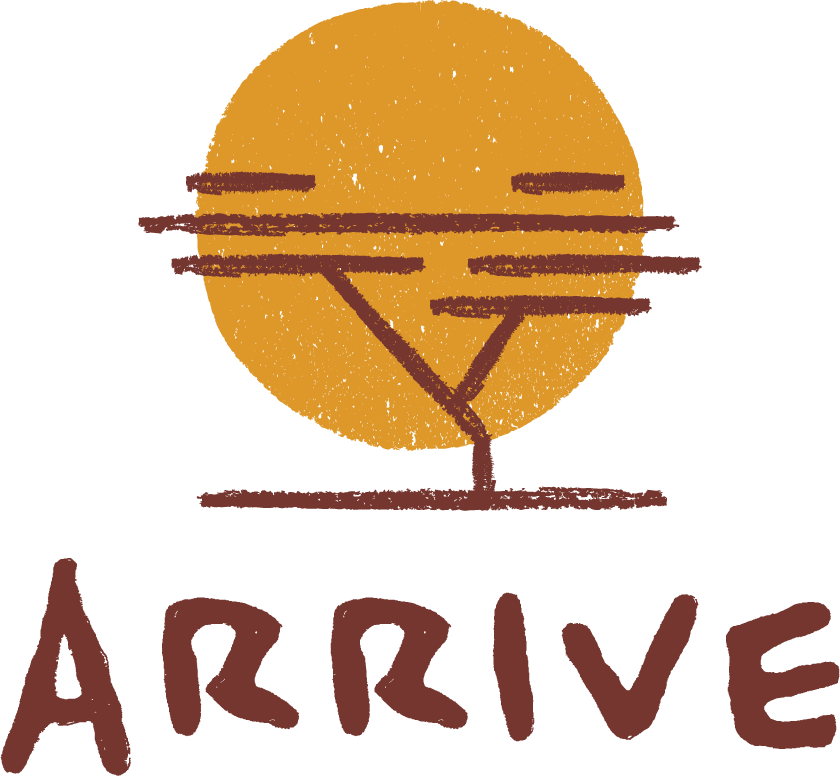"Maji Safi ya Kunywa," in Swahili, means clean drinking water. Something that, in the first world, we often take for granted. Men, women and children in our village of Nyaturubo have to walk miles to fetch clean drinking water, then lug it back in buckets to their homes. The entire trip can take hours and is done multiple times per day. Lack of clean drinking water leads to many diseases that kill countless people around the world every year.
That is why Arrive decided to add accessible "maji safi ya kunywa" to the village. First, we dug for an underground natural water spring. We dug and dug and dug, during the dry season, to ensure that even in the worst of droughts that there would be water. When a spring was finally found, two cement holding tanks were built. These tanks connect to a third, 3,000 litre cement tank Arrive built, complete with a water purification system. In the photos, it might not seem like much, but that is because we tried to blend it into the natural environment. In reality, this project took, thousands of hours of labor, hundreds of bricks, many bags of cement, and engineering ingenuity.
Finally, we added a tap to the holding tank so that anyone in the village can come and collect clean, safe drinking water. Now, students who spent 3 hours a day fetching water can do the same chore in 20 minutes - freeing up time for a full night's sleep or more time for studying.
Families who faced diseases stemming from dirty water such as Guinea Worm Disease, Cholera, and diarrhoea (which causes over 1.8 billion deaths per year, according to UNICEF), are now worry free when it comes to accessible water. Arrive couldn't be prouder of this successful project, and the entire community is benefiting greatly.
We also welcomed two volunteers this month, Rachael and Danielle. Both psychology grad students, they came to understand the lives of the children at the Keumbu Rehema Childrens Home and to help us develop an intake battery to assess the children when entering and living at Arrive. Danielle and Rachael met with each child individually, and we learned many things about the children’s lives before living at the KRCH. Hopefully, Danielle and Rachael’s assessment battery will teach us better methods to help our kids grow and become mentally stronger in the future.
Besides their work, Rachel and Danielle had some fun too. Below are a few photos of their stay with Arrive. It was sad to see them go, but I promise in the next few months some amazing things will be happening here in Keumbu!






